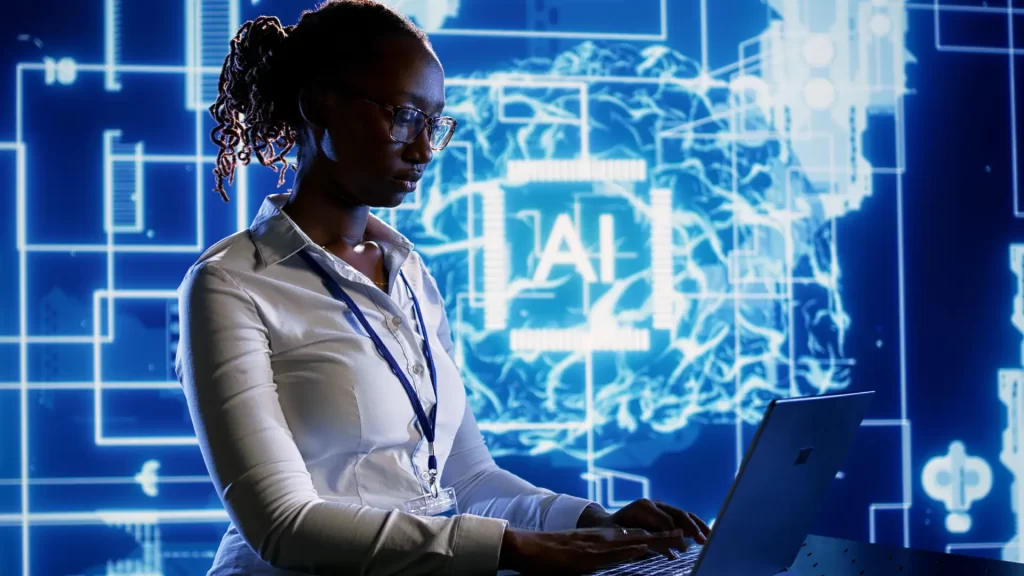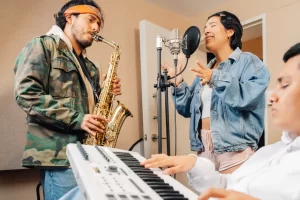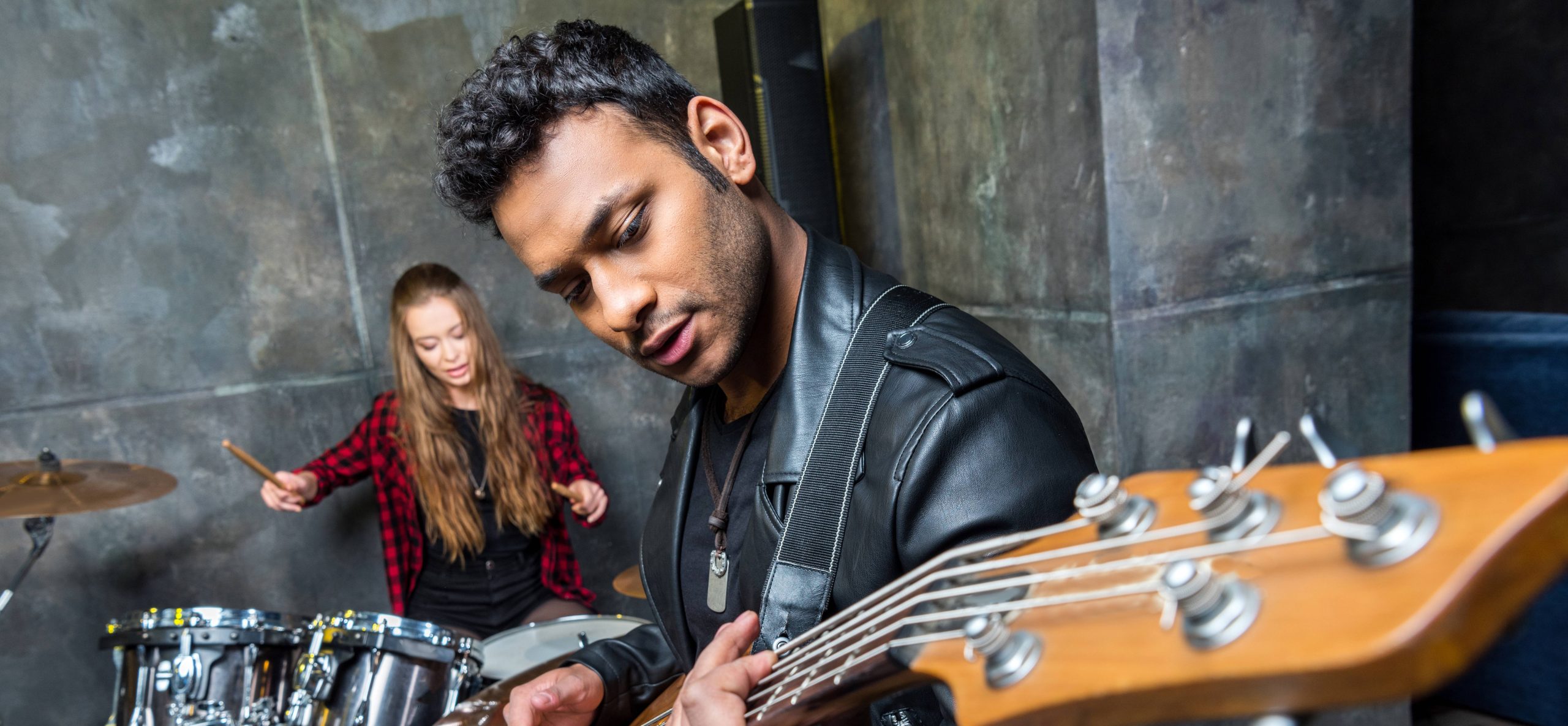Let’s talk about something that’s been buzzing in the music world—AI tools and how they’re reshaping the way we create music. Imagine having a virtual assistant that can help you whip up beats, suggest harmonies, or even compose an entire song while you sip your coffee. Sounds like a sci-fi dream, right? Well, it’s happening, and it’s turning the music industry on its head.
AI in music isn’t just about convenience; it’s about opening up new creative possibilities. From helping indie artists produce professional-quality tracks to enabling established musicians to experiment with sounds they never thought possible, these tools are breaking down barriers. You don’t need a million-dollar studio or years of training to make great music anymore—just a laptop and some smart software.
But like anything revolutionary, AI in music comes with its fair share of debates. Is it stealing the soul of music, or is it giving us new ways to express it? In this post, we’re diving into the future of automated music production, exploring the coolest AI tools out there, and discussing what this all means for musicians, producers, and fans alike. So, grab your headphones and let’s jam! 🎵
The Evolution of AI in Music
AI and music may seem like a recent pairing, but their relationship actually goes way back. Believe it or not, experiments with computers composing music started as early as the 1950s! Back then, it was all about simple algorithms generating basic melodies. Fast forward a few decades, and we’ve gone from robotic-sounding tunes to AI creating full-blown symphonies and chart-topping hits.
In the 1990s and 2000s, digital audio workstations (DAWs) like Pro Tools and Logic Pro revolutionized music production. These tools laid the groundwork for AI to step in, making processes faster and smarter. By the 2010s, AI had started learning from vast libraries of music, using machine learning to analyze patterns, structures, and genres. The result? AI tools that can compose original pieces, mimic specific artists, and even master tracks.
Today, AI isn’t just a behind-the-scenes helper—it’s becoming a co-creator. Platforms like Tad and AIVA are empowering artists to collaborate with algorithms. AI is even influencing live performances, creating visuals or improvising alongside musicians in real time. From simple beginnings to an integral part of the creative process, the evolution of AI in music is a testament to how far technology has come—and where it might take us next.
Key AI Tools and Platforms
Let’s dive into some of the AI tools and platforms that are making waves in music production. Whether you’re a seasoned producer or a hobbyist experimenting at home, there’s an AI tool out there for you.
First up, Tad AI, is a popular tool for beginners and professionals alike. Tad lets you create custom music in just minutes.
Then there’s AIVA (Artificial Intelligence Virtual Artist), which has made a name for itself in composing classical-style music. AIVA can generate anything from epic orchestral scores to subtle piano pieces, making it a go-to for film and game composers.
And we can’t forget tools like LANDR, which uses AI for mastering tracks, ensuring your music sounds polished and professional.
From composing and producing to mixing and mastering, these tools are changing the game, helping creators focus more on their art and less on the technical grind. 🎶
Benefits of AI Integration in Music Creation
AI in music creation isn’t just a cool gimmick—it’s a game-changer that’s opening up a world of possibilities for musicians and producers. One of the biggest perks? Accessibility. With AI tools, you don’t need a fancy studio or years of experience to produce high-quality music. Anyone with a computer can jump in, experiment, and create tracks that sound professional.
Another massive benefit is time-saving. Writing, arranging, and mixing a song can take weeks or even months. But with AI, repetitive tasks like beat-making, sound design, and mastering are streamlined, giving you more time to focus on creativity. Plus, AI doesn’t take breaks—so you can keep the inspiration flowing 24/7!
AI also fosters innovation. It can generate ideas you’d never think of, helping you push boundaries and experiment with new genres or sounds. Whether you’re stuck in a creative rut or looking for a fresh perspective, AI can be your ultimate brainstorming partner.
Finally, AI is democratizing the industry, giving indie artists tools that were once exclusive to big-budget producers. From leveling the playing field to sparking creativity, AI integration is transforming music creation into a more inclusive, efficient, and inspiring process for everyone. 🎵✨
Ethical and Legal Considerations
As exciting as AI in music is, it comes with its fair share of ethical and legal challenges. Let’s start with one big question: authorship. If AI helps compose a song, who owns the rights? The artist who used the tool? The developers of the AI? Or does the AI itself deserve some sort of credit? The answer isn’t always clear, and copyright laws are still catching up.
Another sticky issue is originality. AI learns by analyzing existing music, so there’s a risk it might inadvertently replicate someone else’s work. Imagine releasing a track only to find out it sounds eerily similar to a hit song from 10 years ago. Who’s responsible in that case?
Then there’s the ethical side of things. Some argue that relying too much on AI could dilute the human touch that makes music so emotional and relatable. If machines start creating most of our music, will it still feel authentic?
Finally, there’s the concern about job displacement. As AI tools become more advanced, will human producers, composers, and sound engineers find themselves replaced?
These questions don’t have simple answers, but they’re important to consider as we embrace the future of AI-driven music creation. Balancing innovation with responsibility is key.
To Sum It Up
Artificial Intelligence has revolutionized the music industry, transforming how artists create, produce, and share their work. From AI-powered composition tools that generate melodies to sophisticated mastering software that enhances sound quality, AI offers a level of efficiency and innovation previously unimaginable. These tools not only empower musicians to experiment creatively but also democratize access to high-quality production resources, making music creation more inclusive than ever.
However, the adoption of AI in music comes with challenges. Ethical concerns, such as the ownership of AI-generated works and the potential displacement of human roles in production, are ongoing debates. As technology advances, striking a balance between leveraging AI’s potential and preserving the authenticity of human artistry will be crucial.
Ultimately, AI tools are not here to replace human creativity but to enhance it. They act as collaborators, offering inspiration, saving time, and simplifying complex processes. Whether you’re an independent artist exploring new ideas or an established professional streamlining your workflow, embracing AI can unlock new possibilities.
As we look to the future, it’s clear that AI will continue to play a pivotal role in shaping the soundscapes of tomorrow. By integrating these tools wisely, the music industry can harmonize innovation with tradition.




